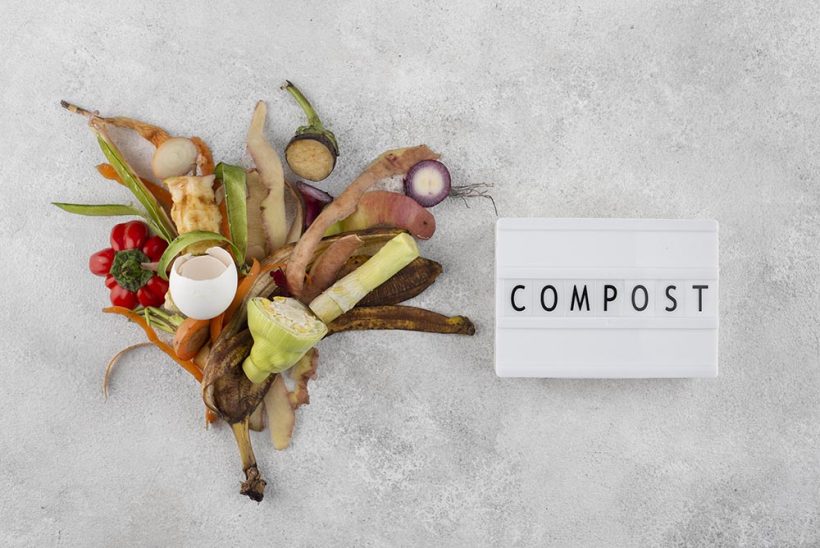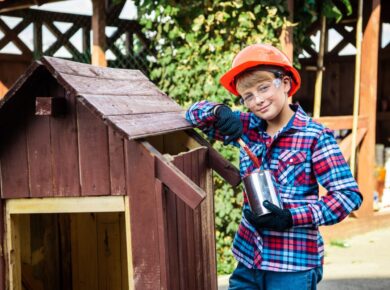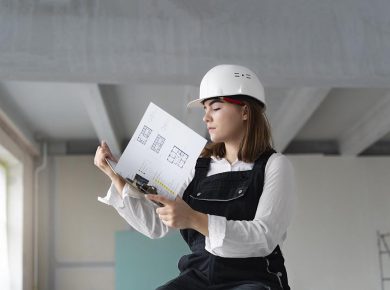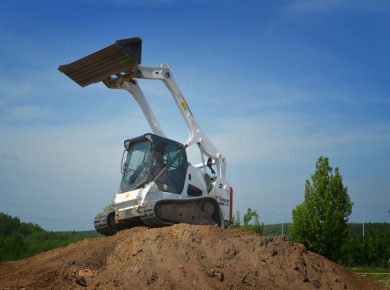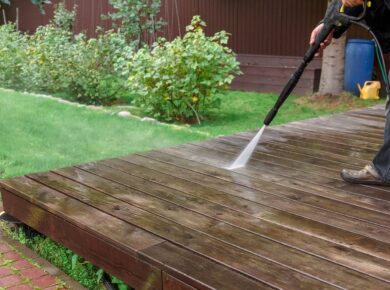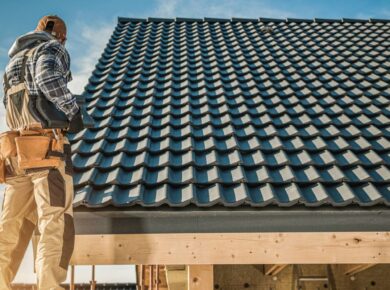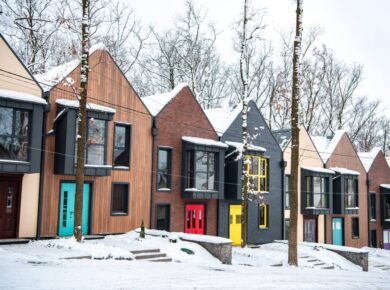Have you ever wondered how to make compost? And if you can make it inside your home? In this article, we’re going to look at what’s involved with making compost and whether it can be achieved without having a large garden and a big composting bin out back. We’ll even take you through some of the recommended waste materials that you can use to create compost of your own, for some inspiration.
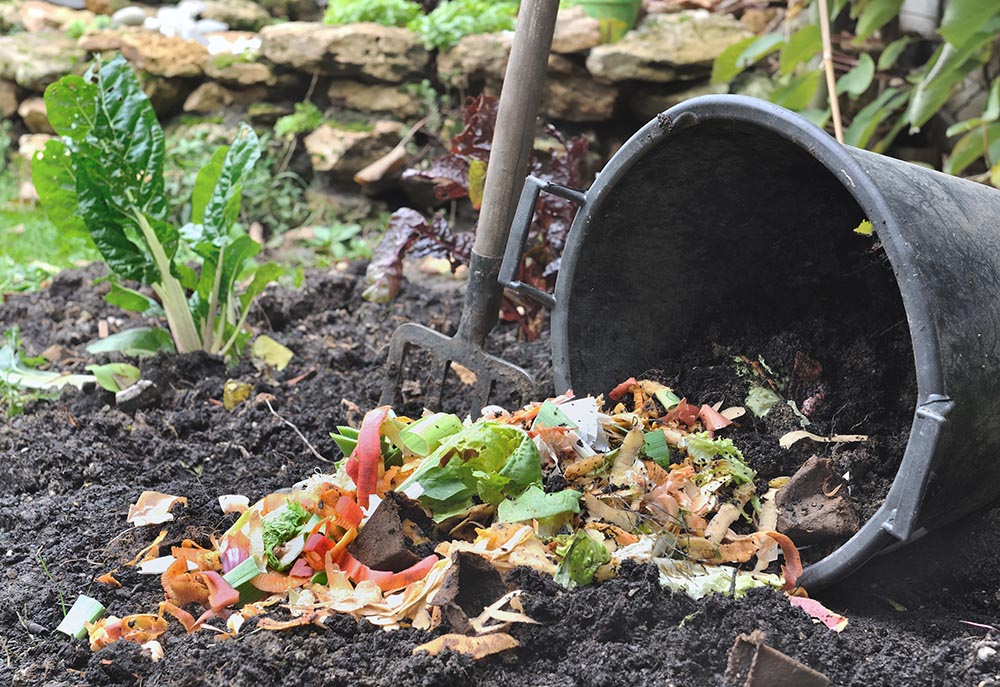
How do you make compost?
So, how do you make compost? There are a number of different ways you can do this. It all depends on how quickly you’d like to move, how much waste your household produce, and how much space you have to work with.
For example, if you have a garden with plenty of space, you can invest in a large compost bin. Following that, you can add green & brown waste to the pile and over time it will decompose and turn into compost, ready for use.
On the other hand, if you have limited space then you can still make compost, but you’ll need an electric composter – which fortunately can be kept in your kitchen.
But, how does it work? Let’s start by breaking down the different types of composting:
- Cold composting: Cold composting is a simple and straightforward process, but one that takes the longest. You simply collect garden waste and organic materials from your trash (fruit and veg peels, etc), and add them to your bin. Over the course of a year or so, your waste will decompose and the resulting material will be natural compost.
- Hot composting: Hot composting however, is a much more hands-on composting process – in exchange for a faster turn-around. Using a traditional garden composter and the hot composting process, you can get homemade compost in as little as one to three months. The following four ingredients are required for the hot composting process: carbon, nitrogen, air, and water. These ingredients feed the microorganisms that encourage the decomposition process.
- Electric composting: Electric composting is a form of hot composting on a smaller scale – and as the process is automated it can yield results much faster than traditional composting methods.
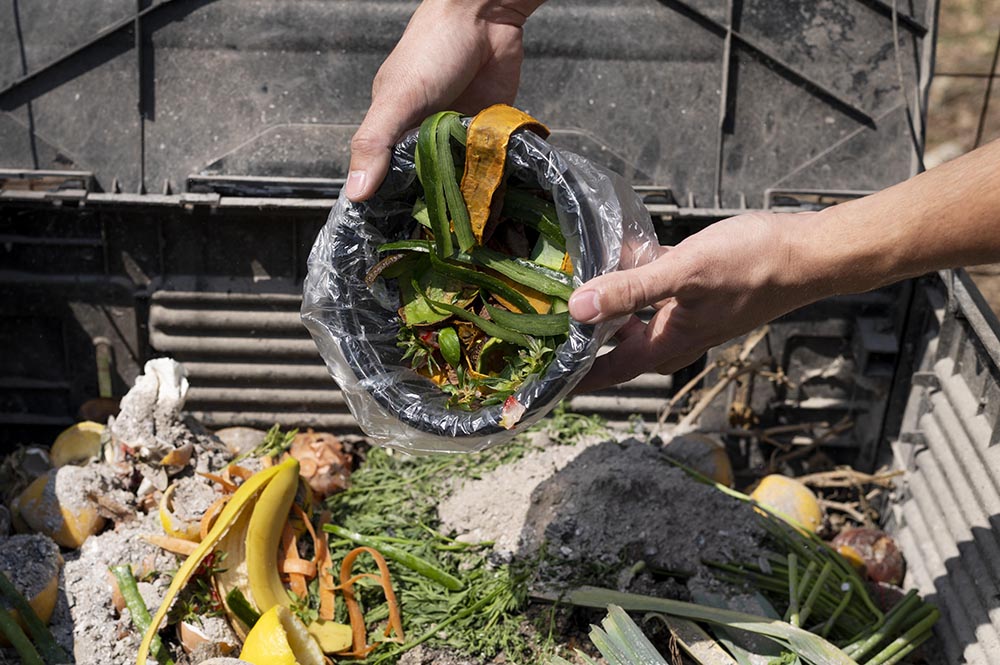
Can you compost inside your house?
Can you make compost inside your house? The answer is yes! If you live in a condominium or apartment block and you have limited space available to you, it doesn’t mean that you will be unable to make your own compost.
With a Hass food waste composter, you can start making your very own compost without having to have a large composting bin in your garden – and the best bit is they work comparatively quickly! Traditional composting methods can take anywhere from six months to a year! This is a quite an investment of time and not ideal if you’d like to get your hands on some natural, home-made compost as quickly as possible. An electric compost on the other hand, can produce compost in as little as eight to forty-eight hours (depending on the model)!
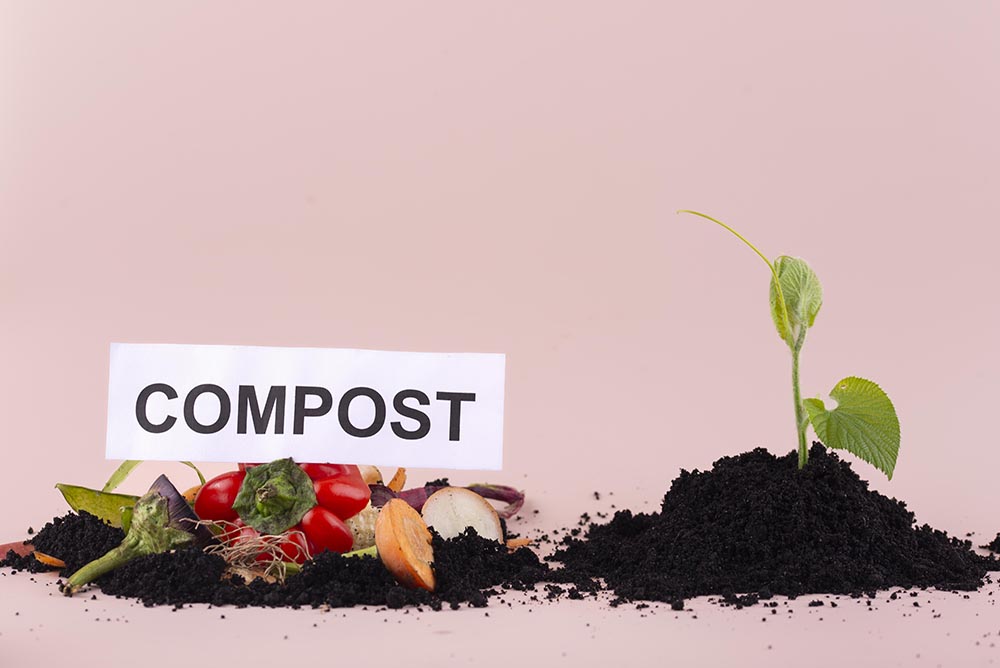
What do I need to compost at home?
So, what do you need to compost at home? Very little is required to get started. If you don’t have a garden or have a limited amount of space, all you need is an electric food waste composter and you are good to go! These appliances are small enough to keep in the kitchen alongside your other appliances. Following that, all you really need is some green waste and you are well on your way to making your own compost.
Here’s a list of the sort of waste materials that you can use to create compost at home:
- Fruit scraps
- Vegetable scraps
- Coffee grounds
- Eggshells (however, they can take a while to break down)
- Grass and plant clippings
- Dry leaves
- Finely chopped wood and bark chips
- Shredded newspaper
- Straw
- Sawdust from untreated wood
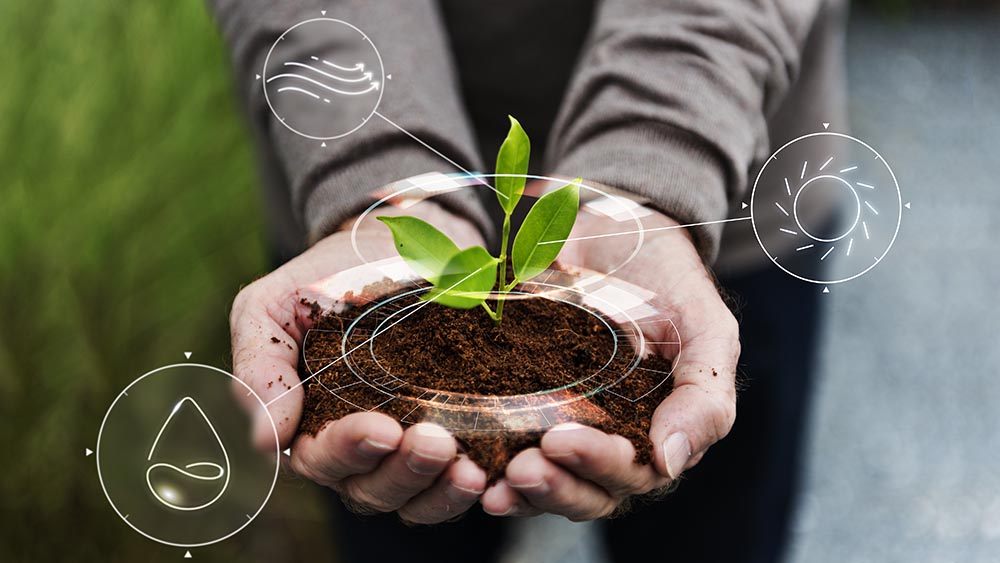
It’s important that you don’t get too carried away with what you put in your composter. To give you a clearer idea of what you can and can’t get away with – here is a list of materials that do not belong in a composter:
- Meat and Fish Scraps – while fish and meat scraps will certainly add plenty of nutrients to your compost, they will also create a very attractive odour to rats and other pests that you don’t want sniffing around. If you are using an electric compost however, meat and fish scraps in small quantities will be acceptable.
- Dairy, Fats, and Oils – similarly to fish and meat scraps these can breed bacteria and create odours that will attract pests.
- Plants or Wood Treated with Pesticides or Preservatives
- Black Walnut Tree Debris – contains the toxin ‘juglone’ which can be harmful to plants.
- Diseased or Insect-Infested Plants
- Weeds that Have Gone to Seed
- Charcoal Ash – too much sulphur will make your compost excessively acidic and may harm your plants
- Dog or Cat Waste – this can be confusing as horse, cow, chicken, and rabbit manure is often encouraged for composting piles. The fact is, cats and dogs are carnivores and as such their waste contains dangerous microorganisms and parasites that you don’t want in your compost.
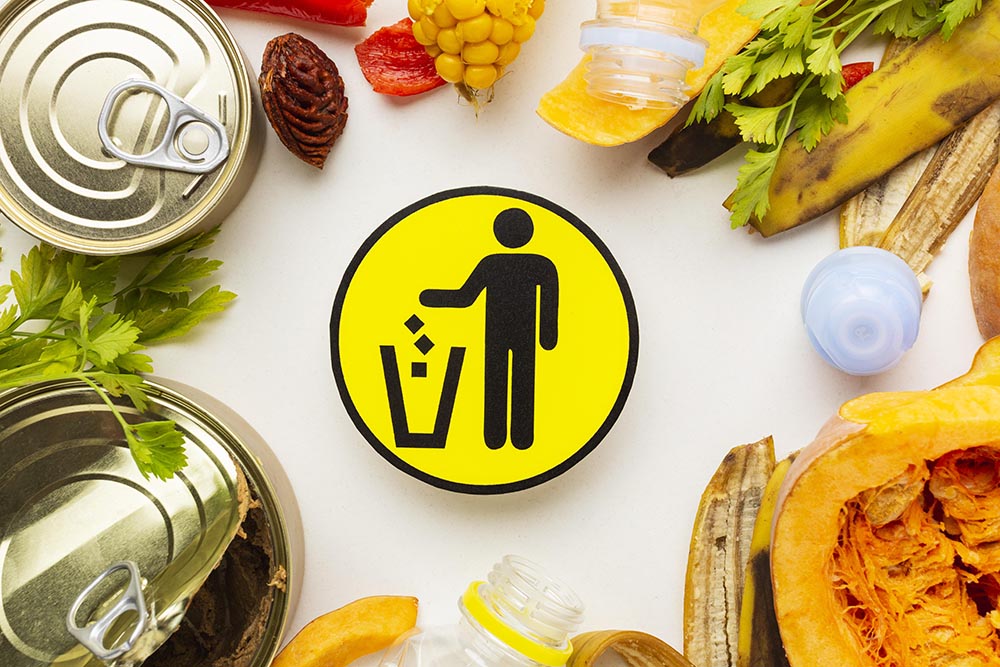
Conclusion
So, if you are looking to compost at home then you’ll be pleased to learn that getting started is very easy. That, and if you invest in an electric food composter you won’t need to waste for the best part of a year before you get results.
With an electric composter you can start creating nutritious, homemade compost to feed your plants with today!
